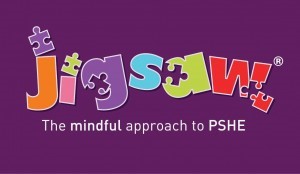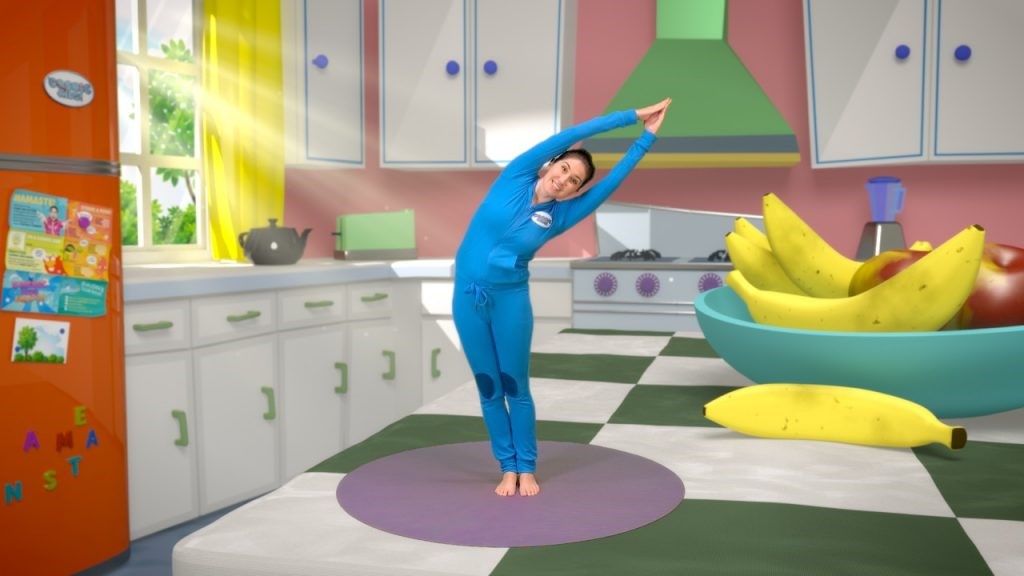Mental Health Information
Heacham Junior School recognises the importance of providing an ethos and environment within school that will help all our students to feel safe, and secure; encourage them to talk openly, and enable them to feel confident that they will be listened to. There are also a number of sources of support for mental health if you are finding it hard to cope. The following will help:
- Routine. Humans tend to like routine. Our bodies appreciate it, and our minds can be calmed by the predictability of it.
- Eat Well. Try to keep a routine to mealtimes and choose foods that will nourish the mind and body. See www.nhs.uk/change4life for tips and ideas.
- Sleep well. Good quality sleep promotes emotional wellbeing, and helps your body stay healthy too. Try to keep a good bedtime routine throughout the week. If you are struggling with sleep, see: www.youngminds.org.uk/find-help/feelings-and-symptoms/sleep-problems for tips and advice.
- Keep active. Meaningful activity (doing things that you enjoy and/ or get a sense of achievement out of) is important for mental health. Schedule in some physical activity every day too.
- Keep learning. Learning is good for confidence and can reduce boredom. Plan learning into every day.
- Keep in touch with friends and family. Social distancing (i.e. reducing contact with other people) is recommended by the NHS and is very important at the moment. However, there are many ways to continue communication safely (e.g. share photos and messages through texts, calls, email or social media). Keeping in touch with friends and family will be good for your mental health as well as theirs.
- Stay informed, not overwhelmed. Whilst it is important to keep updated, it may feel worrying to be hearing so much about it. Notice urges to keep checking, and if you’re feeling overwhelmed perhaps restrict your use of social media/ the news and encourage alternative conversations with friends/ family.
Mental Health In Our School
Jigsaw PSHE
The Trust introduced Jigsaw PSHE as our primary PSHE scheme in September 2020.
The aims of Jigsaw PSHE is to provide a cohesive, whole-school mindful approach to PSHE. All year groups in the school focus on the same theme each half term, as follows:
Autumn 1 – Being me in my world
Autumn 2 – Celebrating difference
Spring 1 – Dreams and goals
Spring 2 – Healthy me
Summer 1 – Relationships
Summer 2 – Changing me
Each year group develops the theme further based on the content children have focused on in previous years – this ensures that the PSHE curriculum is cyclical so children can revisit and further develop their understanding of the overarching themes across their time in primary school. The way the themes are revisited and developed and children gain confidence.
Content of the Jigsaw programme is age-appropriate and handles key themes that are vital in supporting children’s development in the modern world, including bullying, different types of families and relationships, physical health, mental health, personal safety (including e-safety).
Each lesson includes a mindfulness activity, where children practice calm breathing and focusing on their bodies.
School Mental Health Award - Bronze Status
We are delighted that Heacham Junior School has been awarded the:
Carnegie Centre of Excellence for Mental Health in Schools
School Mental Health Award – Bronze Status

To view our School Mental Health Award Certificate click here.
Carnegie Centre of Excellence for Mental Health In Schools
The centre focuses on strengthening the mental health of the next generation by supporting schools to make a positive change at all levels of the UK's education system, hereby improving outcomes and life chances.
The Carnegie Centre of Excellence for Mental Health in Schools is focused on evidence-based solutions which address schools', pupils and parents/carers needs; the development of a professional community of school mental health experts; and leading innovation within the area.
They work with schools, organisations and professionals committed to ensuring that mental health difficulties do not limit success at school and beyond. Using partnerships and collaborations to drive forward their agenda.
For more information visit their website here.
Sources of Support for your Mental Health
Supporting Smiles
Provide a growing range of services to promote positive mental health in children, young people and families across the East of England.
All these services help people to build stronger networks, learn from experience and feel in control of their wellbeing.
Email: enquiries@ormistonfamilies.org.uk
Telephone: 01473 724517
Address: Ormiston Families Office, Ormiston Families, Unit 17, The Drift, Nacton Road, Ipswich
IP3 9QR
NSFT First Response
24/7 immediate advice, support and signposting for people with mental health difficulties in Norfolk and Suffolk
Phone: 0808 196 3494
NHS advice page
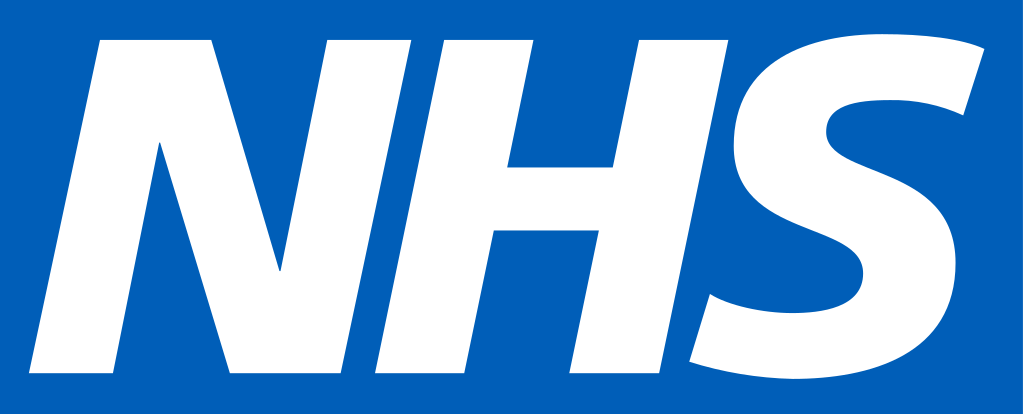
NHS Advice Page - Information and links for those seeking urgent help for mental health.
https://www.nhs.uk/using-the-nhs/nhs-services/mental-health-services/where-to-get-urgent-help-for-mental-health/
Mind - https://www.mind.org.uk/
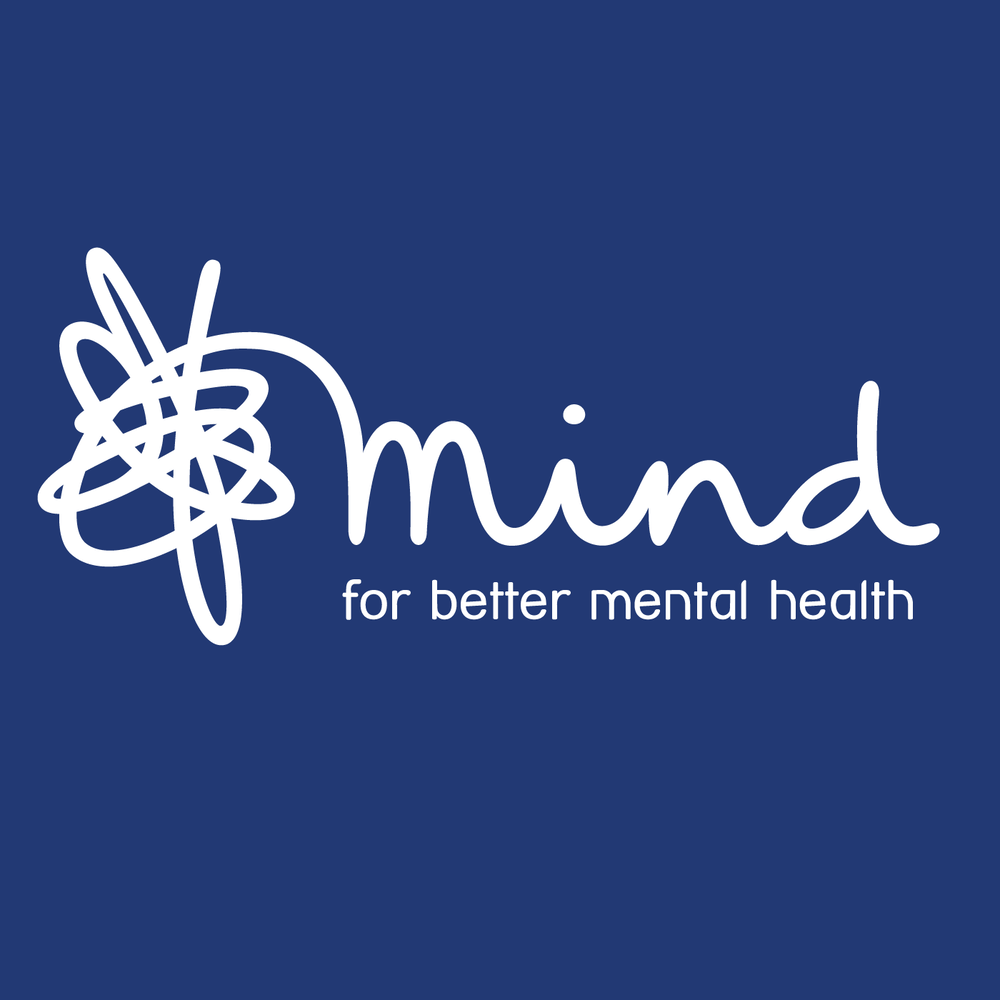
Phone: 0300 123 3393 9am to 6pm, Monday to Friday (except for bank holidays). Text: 86463 Call: 0300 123 3393
Email them info@mind.org.uk
If you need urgent help for someone else – click this link https://www.mind.org.uk/information-support/helping-someone-else/
If you need urgent help for yourself –click this link https://www.mind.org.uk/need-urgent-help/?ctaId=/need-urgent-help/using-this-tool/slices/using-this-tool/
Rethink Mental Illness - https://www.rethink.org/
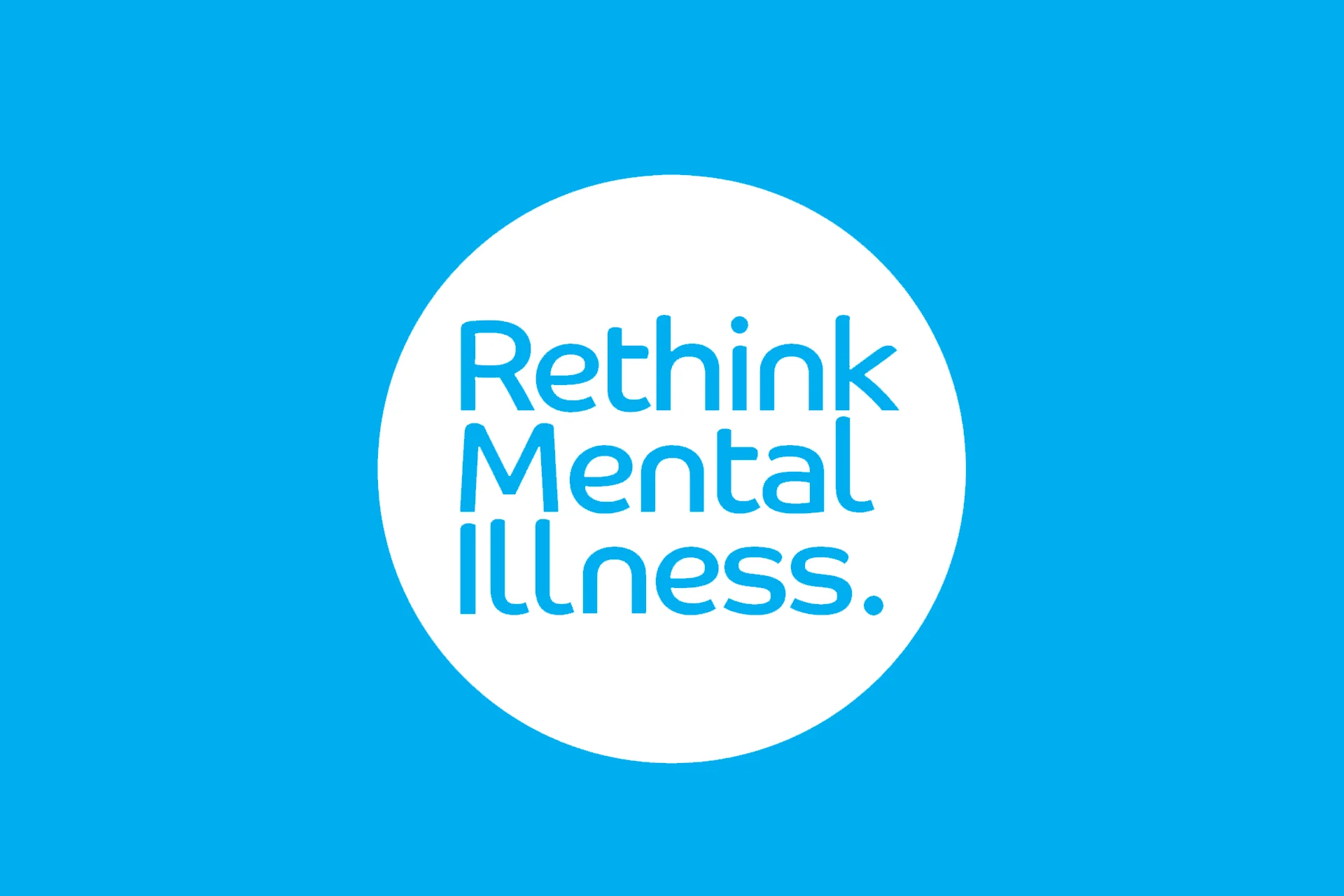
As a leading charity provider of mental health services in England, people living with mental illness, and those who care for them. Rethink aims to give expert advice, information, and around 200 services – everything from housing to community-based services. And they drive campaigning to change the law and tackle discrimination. Together, they run over 140 local groups which provide vital peer support in the community.
MIND MATTERS - https://www.nhs.uk/oneyou/every-mind-matters/
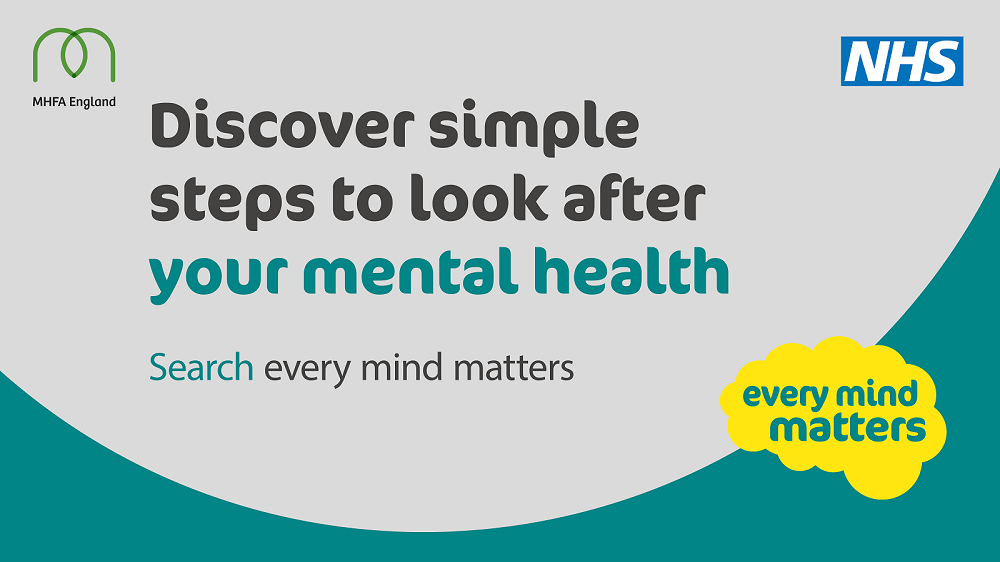
Every Mind Matters is evidence-based and it shows people how to build simple changes into their daily lives – such as reframing unhelpful thoughts, breathing exercises and increasing physical activity.
Young Minds - https://youngminds.org.uk/
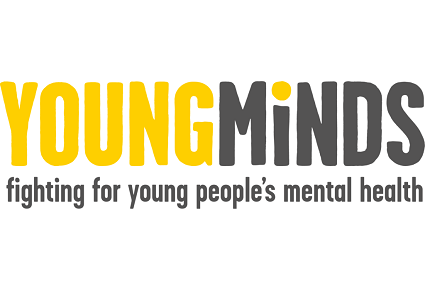
Young minds provide advice about mental health and behaviour problems in children and young people up to the age of 25. You can call the parents and carers helpline on 0808 802 5544.
Shout - Shout
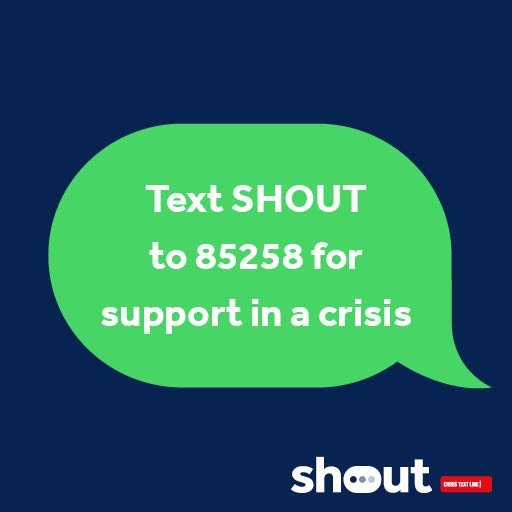
Shout provides free, confidential support, 24/7 via text for anyone at crisis anytime, anywhere.
You can:
- text SHOUT to 85258 in the UK to text with a trained Crisis Volunteer
- text with someone who is trained and will provide active listening and collaborative problem-solving
Point 1

You don’t need a referral, you can get in touch straight away for advice and support.
If you need more specialist help, we will make sure you get to the right person.
0 - 18's
Phone: Point 1 on 0800 977 4077 (8am – 7pm)
Email: Point1-support@ormistonfamilies.org.uk
Over 18's
Phone: Wellbeing Service on 0300 123 1503 (9am – 5pm)
Visit: www.wellbeingnands.co.uk
For out of hours enquiries please call First Response on 0808 196 3494
Mindfulness and Wellbeing Activities
Anna Freud National Centre for Children and Families
Self-care is about the things we can do to look after our own mental health and the centre have put together activities that can help you to manage your wellbeing
BBC Good Food
10 easy mindfulness exercises for kids and parents
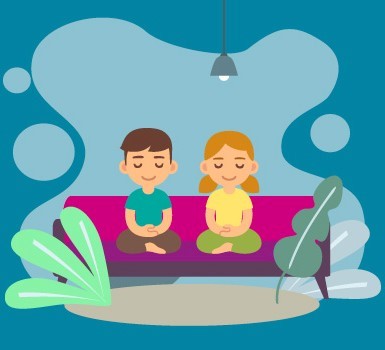
Try these simple mindfulness techniques
https://www.bbcgoodfood.com/howto/guide/10-mindfulness-exercises-kids
CosmicKids
Making yoga and mindfulness fun!
General Health
Just One Number
https://www.justonenorfolk.nhs.uk/
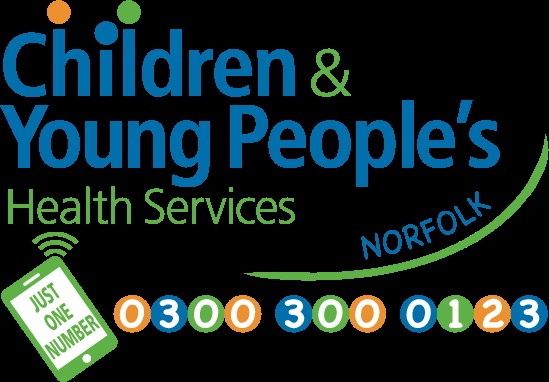
If you’re a Parent or Carer and need general advice you can:
Phone: Just One Number on 0300 300 0123
Text: Parentline on 07520 631590
The Healthy Child
https://www.justonenorfolk.nhs.uk/our-services/chathealth
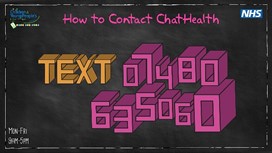
Programme’s Chat Health service has also been extended to become a safety line, which can be reached on text.
Text: 07480 635060.
General Help
Childline
Website: https://www.childline.org.uk/
Phone: 0800 1111
ChildLine provides a helpline for any child with a problem. It comforts, advises and protects. You can contact Childline about anything. There are lots of different ways to get in touch and you can also get help from other young people through their site. Here’s a short video that explains what happens when you contact Childline.
You can:
- call 0800 1111 any time for free
- have an online chat with a counsellor
- check out the message boards
See Something, Hear Something, Say Something
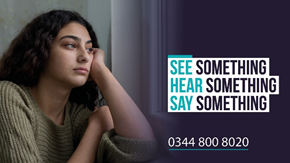
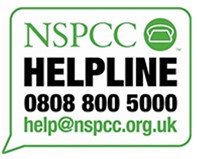
If you're worried about a child, even if you're unsure, contact our the NSPCC
Email: help@nspcc.org.uk.
Call us: 0808 800 5000
Domestic Violence - https://www.norfolk.gov.uk/safety/domestic-abuse/how-to-get-help/get-help-now
National Helpline 24hrs - 0808 2000 247
Norfolk Police - non-emergency - 101
Respect helpline for perpetrators - 0808 802 4040
Victim Support - 0808 1689 111
Men's Advice Line - 0808 801 0327
Leeway - 0300 561 0077
Elder Abuse - 0808 808 8141
Galop - 0800 999 5428
If you or someone else is in immediate danger, please call 999 and ask for the police. If you are unable to speak you can use the silent Solution System.
To use the Silent Solution System - from a mobile phone: call 999 and then press 55. The operator will then put you through to the police. The police will try to communicate with you by asking simple yes or no questions. If you are not able to speak, listen carefully to the questions and instructions from the call handler, so they can assess your call and arrange help if needed.
Other Sources of Support
Call: 101 or in an emergency 999
You can also report online.
If you’re under 18, live in Norfolk and have experienced the death of someone close to you, you can get support here.
Visit: www.nelsonsjourney.org.uk/young-people
Call: 01603 431788

